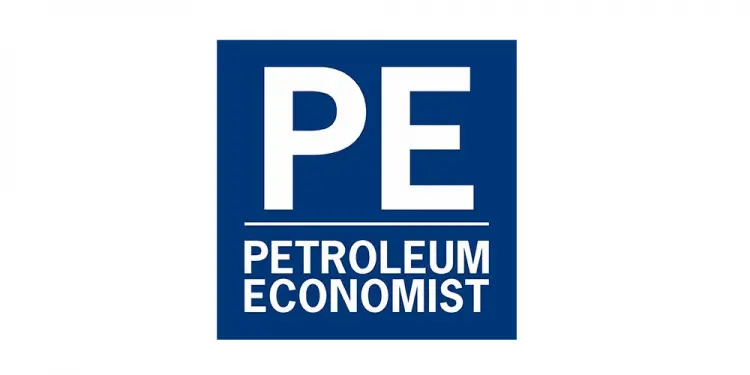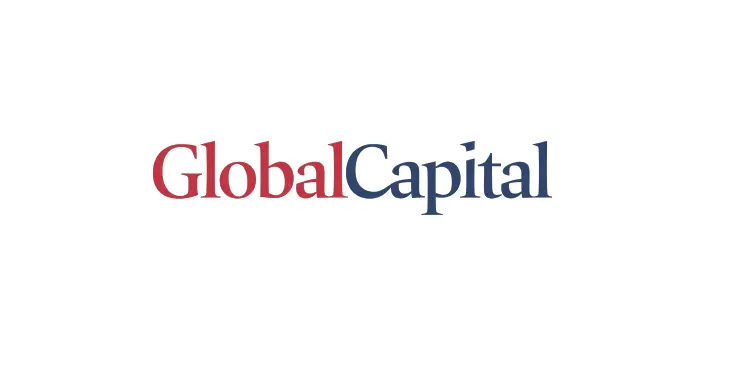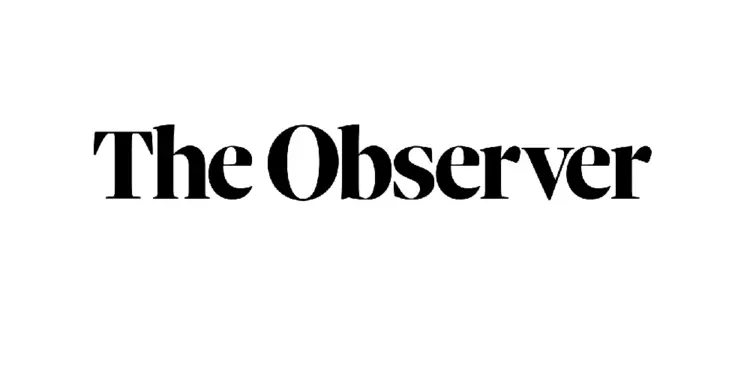Bloomberg: Oil Firms Raise $171 Billion in Debt as Virus Hits Fuel Demand

Oil and gas companies worldwide have raised $171 billion of debt from the loan and bond markets since March after the coronavirus pandemic hit demand for fuel, writes Jacqueline Poh for Bloomberg, citing Credit Benchmark data on the deteriorating credit quality of global firms. “The energy sector remains in a precarious situation as the underlying economy remains weak and […]
Petroleum Economist: IOCs Put on Show of Strength in Bond Markets

Recent debt issuance by International Oil Companies (IOCs) could be seen as a muscle-flexing exercise as much as a move to bolster balance sheets, writes Paul Gordon for the Petroleum Economist. In its analysis of debt levels for IOCs, the article cites Credit Benchmark oil and gas data to illustrate the comparative credit positions of […]
Financial Times: UK Bailout: Paper Vapours

Take-up of the UK’s emergency commercial paper scheme aimed at big businesses is accelerating, as reported in The Financial Times’ Lex column, highlighting Credit Benchmark’s role in providing aggregated credit assessment data to the Bank of England. The article notes that only one-third of the FTSE350 have a public credit rating, but that companies may apply […]
Reuters: Ramped Up Spending Puts Germany’s Triple-A Rating At Risk – Credit Benchmark

Shouldering the burden of spending to limit the damage inflicted by the coronavirus outbreak could put Germany’s triple-A credit rating at risk, writes Dhara Ranasinghe for Reuters, citing research from Credit Benchmark. The research suggests that the United States and Italy could also both be at risk of credit deterioration as a result of the […]
The Wall Street Journal: Investment-Grade Bonds Could Turn to Junk Amid Global Rout

Economic fallout from the novel coronavirus and collapsing oil prices are sparking steep declines in the $3.4 trillion market of corporate bonds with triple-B credit ratings, writes Matt Wirz for The Wall Street Journal, citing Credit Benchmark data. The article suggests that a large proportion of investment-grade bonds could drop into high-yield territory under current economic […]
The Wall Street Journal: Coronavirus Fallout Exposes Vulnerability of Junk Debt

Debt investors are grappling with the worst selloff in the riskiest corner of the corporate debt market in over a decade, writes Lorena Ruibal for The Wall Street Journal, citing Credit Benchmark data. “An economic downturn caused by the impact of the coronavirus epidemic could wipe out returns and risk tilting debt-bloated high-yield companies into […]
The Wall Street Journal: Lenders Brace for Private-Equity Loan Defaults

The default risk of companies owned by private-equity firms is 2.5 times that of their public counterparts, according to data collected from banks, insurers and asset managers by analytics firm Credit Benchmark. Private-equity firms use leveraged loans, rated below investment grade, for the financing of buyouts of target companies. Financial institutions raised their estimates of […]
Bloomberg: Credit: There May Be Trouble Ahead

There are plenty of arguments over whether we have reached the end of the long expansionary cycle in the U.S., and whether the rest of the world can stay out of recession. One alarming new data point released Monday comes from Credit Benchmark, which crunches credit upgrades and downgrades by banks. It claims more than […]
GlobalCapital: Default risks accumulate in Brexit-plagued UK market

UK corporate debt is at an all-time high as the risks posed by a traumatic departure from the EU in October peak. Default risk among UK industrials has deteriorated sharply in recent years while at the same time their EU counterparts have lowered their risk profile. Karoliina Liimatainen reports. The average default risk of UK […]
The Observer: Industrial Exports are the Engine of Developed Economies. Ours Has Stalled

Downing Street must add the likelihood of a UK recession to its list of possible scenarios after official figures showed that the economy contracted in the second quarter by 0.2%… …UK companies have been borrowing heavily since the 2008 crash. Most of the funds have been used to pay generous dividends, rather than being ploughed […]